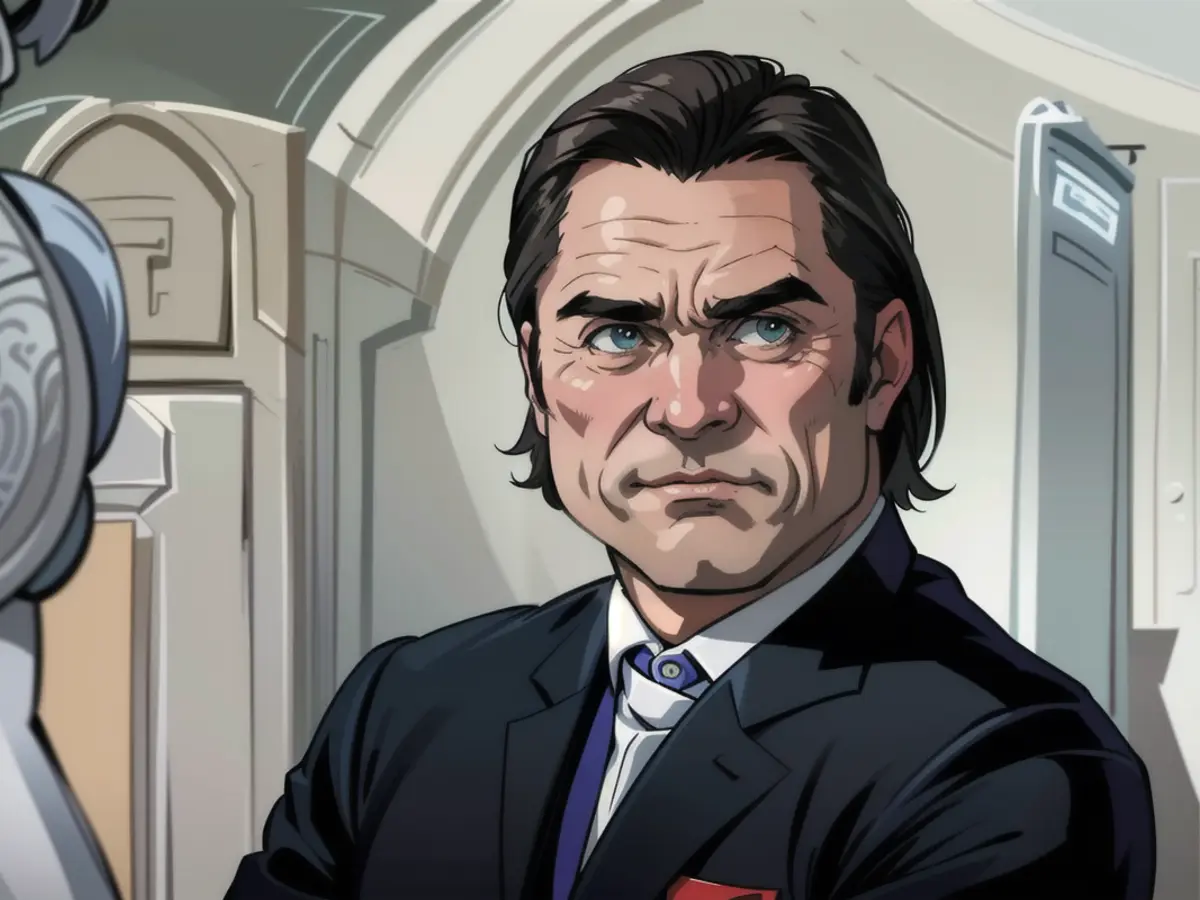NRW Transfers Ownership of Westspiel Casinos to Private Entities
The state government of North Rhine-Westphalia plans to give over the casinos owned by the state-run company Westspiel to private companies due to persistent losses. A potential buyer could be the Gauselmann group, owner of Merkur, but trade union Ver.di is sceptical.
At a meeting of the NRW Budget and Finance Committee, the state government revealed its aim to transfer the casinos of Duisburg-based Westspiel GmbH to private management. This includes four casinos in NRW - Aachen, Dortmund (Hohensyburg), Duisburg and Oeynhausen, as well as one in Bremen. Another casino is set to be built in Cologne by 2021.
But the reason for expanding these casinos is unknown, as Westspiel has been recording huge losses for years. In 2016, the targeted key figures were not met, despite 2.4% fewer visitors than the previous year. Gross gaming revenue increased by one percent to 80.4 million euros, yet NRW incurred losses of 2.9 million euros for its casinos.
Westspiel's only shareholder is the state-owned NRW.Bank. Although there's no annual report for 2017 available, further losses have been forecast in advance. As reported in RP-Online, the budget for the planned casino construction at Deutzer Ottoplatz in Cologne has already surpassed its allocated limit by 300,000 euros before construction even started, due to underground damage. Despite this, the process is still being pursued, and a new location in Cologne is being sought.
The municipalities are the only ones seemingly benefiting from this financial mess, collecting casino levies amounting to approximately 39.7 million euros in 2016. These levies are calculated as 30% of the gross gaming revenue, which is itself calculated from the stakes minus all winnings paid out. If the gross gaming revenue exceeds a threshold of 15 million euros, the casino levy increases by an additional 10%.
To avoid further deficit budgets, the state of NRW intends to generate profits by preventing losses. The Düsseldorf state parliament is currently considering a crucial decision about privatising the state-owned casino chain, which presented a restructuring plan for its survival in 2014. FDP municipal group leader Ralf Witzel strongly advocates privatisation:
"An unbelievable amount of money has been burned. The company is permanently loss-making and horribly managed," he declares in Die Welt.
NRW Finance Minister Lutz Lienenkämper gives a more formal account of the situation, explaining that the casinos would be under more state control if privatised. The 49-year-old CDU politician also adds that no one would be able to open a casino at will in the future: Westspiel-Gesellschaft is to be sold "in its entirety".
Gauselmann, a billion-euro group based in Espelkamp, North Rhine-Westphalia, and known for Merkur gaming arcades, appears to be "greatly interested" in taking over the state-owned Westspiel company. However, the company is keeping quiet about its intentions:

"If this were to become a matter, we would be happy to listen to it and decide whether it could be a worthwhile investment. However, the framework conditions must be right and details must be known," says Mario Hoffmeister, Head of Central Communications at Gauselmann. Consequently, he clarifies that there must be a clear perspective on the profit potential at the individual locations in order to attract Gauselmann. Hence, the decision on a new site in Cologne will significantly impact their decision.
Gauselmann had already expressed interest in a Westspiel takeover in 2016, when NRW Minister of Economic Affairs Garrelt Duin (SPD) attempted to privatise the state-owned casinos. However, the proposal was rejected by the cabinet at the time.
Gauselmann currently operates two casinos in Magdeburg and Leune-Günthersdorf, and is set to open a fully automated Merkur casino in Halle (Saale) in August this year. Furthermore, the group has been running casinos on TUI cruise ships since May last year.
There's no doubt that Gauselmann, Novomatic's original competitor, could revive the ailing Westspiel. But it remains ambiguous how the local authorities will prevent the loss of 39.7 million euros.
Regarding privatisation, the service trade union Ver.di worries about job cuts: "Regardless of who the future operator is, the workforce shrinks," says Ver.di member and Westspiel Supervisory Board representative Andreas Elbracht.
In the Duisburg headquarters, jobs are said to be "heavily endangered." If a new owner takes over, they'd likely use their own employees instead, as Elbracht confirms. This could potentially be justified by the previous year's financial reports.
Another significant threat for Gauselmann comes from their newly introduced ticketing concept. This system allows money to be directly inserted into games like blackjack, poker, or roulette and withdrawn via a barcode when players leave the casino. This system significantly reduces the need for staff, which could be seen as a problem.
On the other hand, Gauselmann's spokesperson, Hoffmeister, views this ticketing system as groundbreaking, describing the Magdeburg and Leuna-Günthersdorf casinos as "some of the most advanced in Europe." The Westspiel debate is far from over.

Read also:
- What's making the Bayern leader appear so anxious?
- Most supporters desire Neuhaus to remain with the team.
- The referee for the upcoming cup final has been declared.
- Wohlgemuth announces two new names.
Source: www.onlinecasinosdeutschland.com








